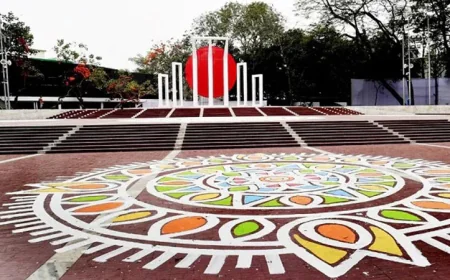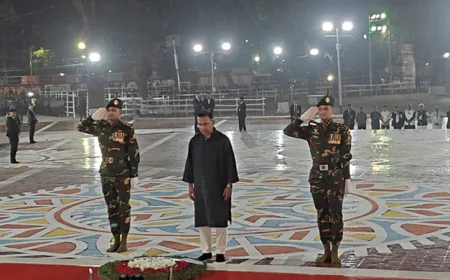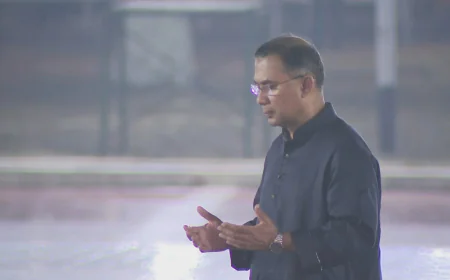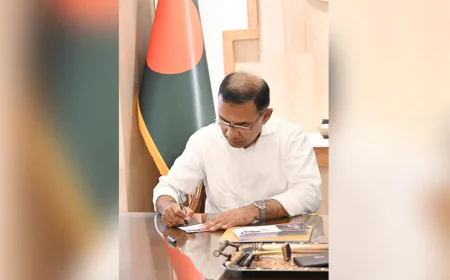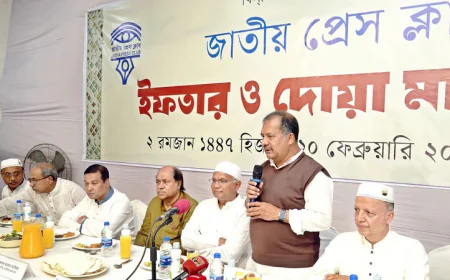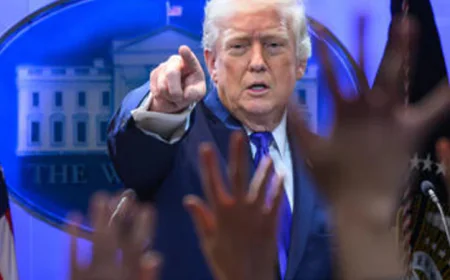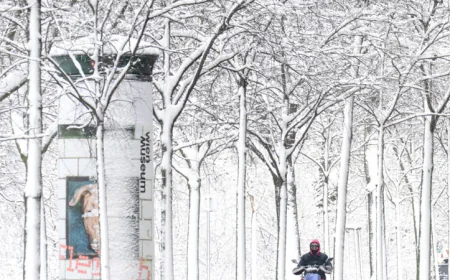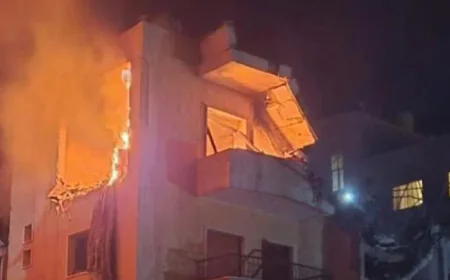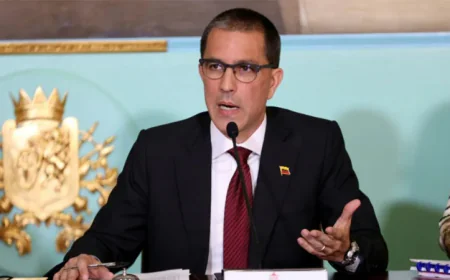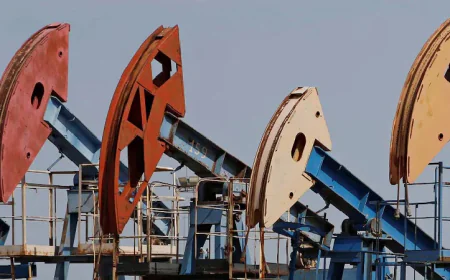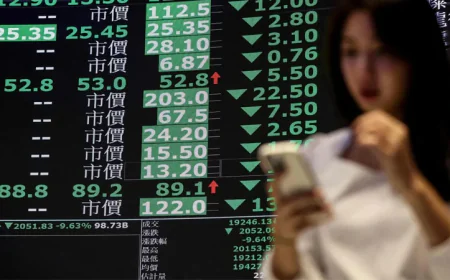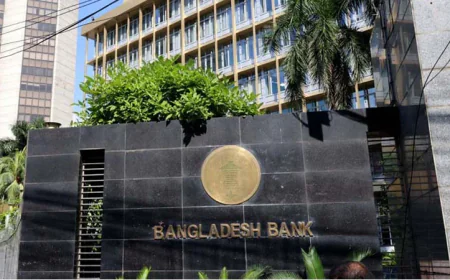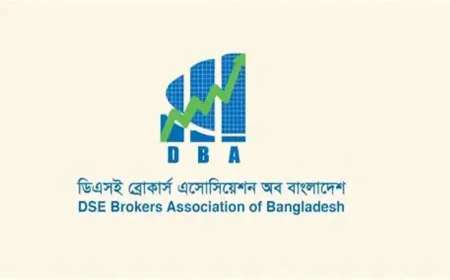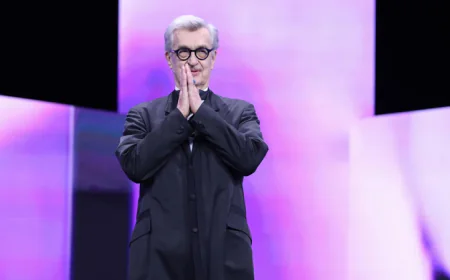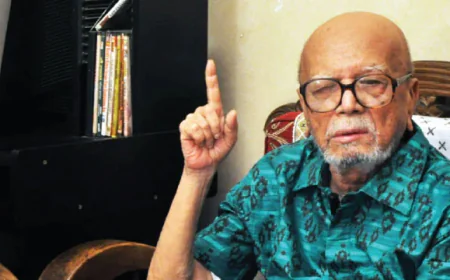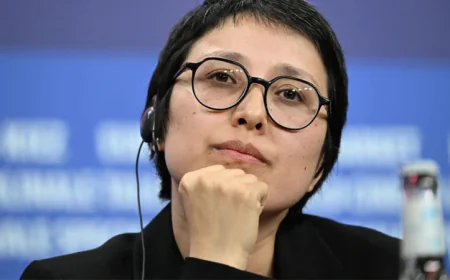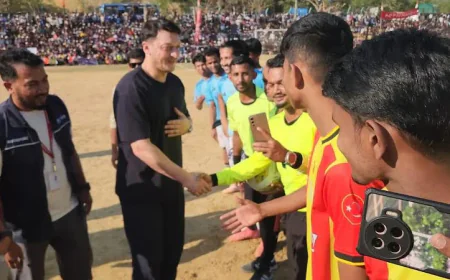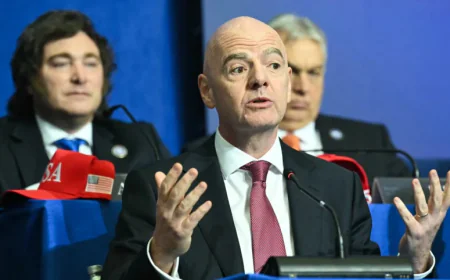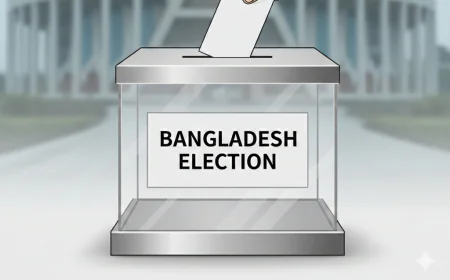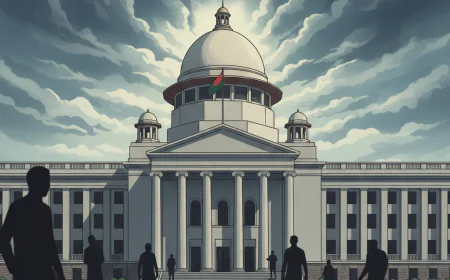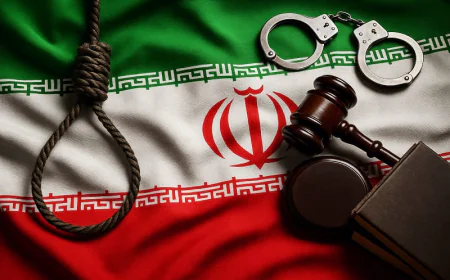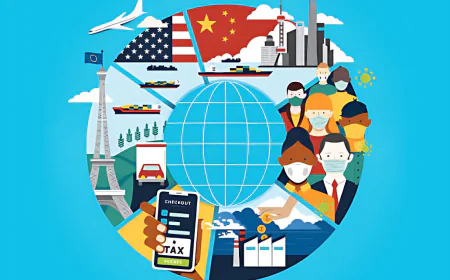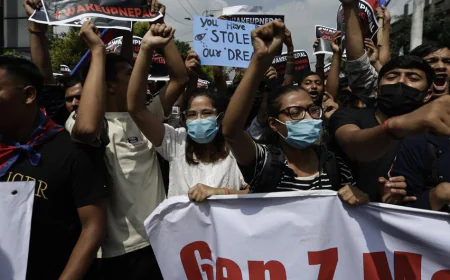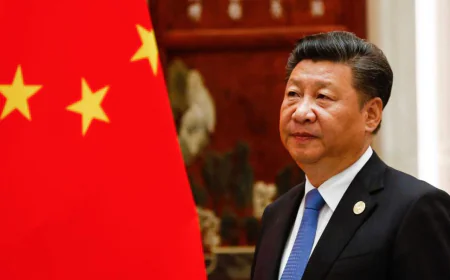Eid al-Adha
A Festival of Sacrifice, Solidarity, and Spiritual Reflection
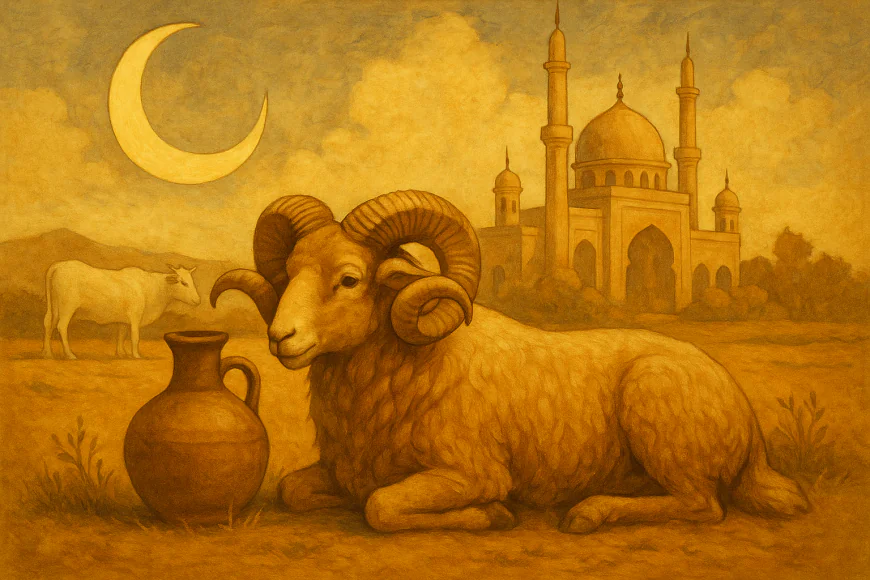
As the crescent moon heralds the arrival of Dhul Hijjah, the twelfth month of the Islamic calendar, millions of Muslims around the world prepare to commemorate one of the most profound festivals in Islam—Eid al-Adha, or the “Festival of Sacrifice.” This sacred occasion, rooted in divine devotion and human resilience, transcends rituals to remind the global Muslim ummah—and indeed, the world at large—of the enduring values of faith, compassion, and social responsibility.
At the heart of Eid al-Adha lies the story of Prophet Ibrahim (Abraham) and his unwavering obedience to God. When commanded to sacrifice his beloved son, Ismail (Ishmael), Ibrahim did not hesitate. His readiness to submit to divine will, even at the cost of immense personal pain, remains one of the greatest testaments of faith in Abrahamic tradition. However, before the act could be carried out, God replaced Ismail with a ram, symbolizing divine mercy and the ultimate importance of intention over action.
This narrative is not about loss, but about trust in God’s wisdom, the strength of personal conviction, and the reward of sincere submission. For Muslims, Eid al-Adha is not merely a ritualistic observance—it is a spiritual reminder that true faith demands humility, patience, and sacrifice, not just of wealth or possessions, but of ego, pride, and selfish desires.
The act of Qurbani (sacrifice), performed during Eid al-Adha, serves both a religious and social purpose. Animals such as goats, cows, sheep, and camels are sacrificed in accordance with Islamic principles, and the meat is divided into three parts: one for the family, one for relatives and friends, and one for the poor and needy. This practice ensures economic redistribution and social inclusivity, allowing even the most vulnerable to share in the joy of Eid.
In this way, Eid al-Adha stands as a strong counter-narrative to global inequalities. It reinforces the Islamic mandate of caring for the marginalized, feeding the hungry, and upholding justice through generosity. Especially in an era marked by rising food insecurity and widening income gaps, the values embodied by Eid are more relevant than ever.
Eid al-Adha coincides with the Hajj pilgrimage, one of the five pillars of Islam, which gathers Muslims from every corner of the globe in Mecca. Clad in simple white garments, millions stand side by side—regardless of nationality, race, or social status—demonstrating Islam’s powerful message of unity and equality. For those not performing Hajj, Eid remains a time of communal prayer, family gatherings, and acts of charity.
Across cities and villages, from Jakarta to Casablanca, from Lagos to London, mosques brim with congregants offering Eid prayers. Streets fill with laughter, and homes open their doors to guests and neighbors. Despite geographical distances and cultural variations, Eid al-Adha creates a shared spiritual experience that unites the global Muslim population in a single moment of devotion and gratitude.
As awareness of animal rights and environmental sustainability grows worldwide, many communities are re-examining how Qurbani is practiced. Ethical slaughter, waste reduction, and responsible distribution of meat have become key considerations, especially in urban settings. These developments highlight Islam’s emphasis on compassion toward animals, environmental stewardship, and thoughtful consumption—principles that are often embedded in religious texts but need to be revisited in modern practice.
Ultimately, Eid al-Adha is not about how grand a sacrifice one can make, or how lavish the feast may be. It is about reconnecting with the core principles of Islam: taqwa (God-consciousness), ikhlas (sincerity), and ihsan (excellence in conduct). It calls on individuals to look inward, to assess their moral compass, and to ask: What am I willing to give up for the greater good? How can I serve those around me? Am I truly grateful for what I have?
In a world grappling with war, displacement, economic hardship, and spiritual emptiness, the lessons of Eid al-Adha urge humanity to rise above selfishness, to embrace compassion, and to forge bonds that are stronger than material wealth. It is a day not just of festivity, but of renewed purpose and collective conscience.
As we celebrate Eid al-Adha this year, let it not be just an event, but a movement of mercy—toward ourselves, our communities, and the planet we share. Let the sacrifices we make be not just ceremonial, but transformational. Let this Eid bring not only joy, but justice. Not only feasting, but healing. Not only remembrance, but resolve.
Eid Mubarak to all. May your sacrifices be accepted, and your hearts be filled with peace.
